• Recovers N1.4tr out of N5tr in 12 years
• Shareholders seek dissolution of corporation
• Creation was misconceived, can’t continue to survive on banks’ funding
• Debtor firms on life support, operators observe
• ‘Trace defaulters to their new investments and arrest them’
With the performances of companies indebted to the Asset Management Corporation of Nigeria (AMCON) falling below par, even as they struggle to find their feet amid endless litigations, the corporation is on the verge of losing the money spent repurchasing toxic assets from troubled banks and other entities.
To this end, stakeholders are calling for a review of AMCON, 12 years into its operations, to determine its relevance to the economy.
This comes as values of the companies taken over by the corporation have been eroded by challenges, ranging from poor management to a harsh economic environment. According to experts, some of the companies have become burden to AMCON with the possibility of turning them into profitable ventures becoming increasingly difficult.
The Federal Government’s debt recovery agency, which has recovered over N1.4 trillion since its inception in 2010 to 2021, had at different phases purchased 12,743 non-performing loans or eligible bank assets (EBAs) valued at N3.8 trillion from 22 eligible financial institutions (EFIs) for the purchase price of N1.8 trillion.
The nation’s banking sector ran into a financial crisis in 2008 and 2009 – a problem that was partly triggered by the global financial crisis.
AMCON seed investment was secured from the capital market through the Central Bank. Subsequently, its operations were funded with levies imposed on commercial banks.
The corporation gulped about N327.6 billion from nine banks between 2020 and 2021. AMCON’s levy imposed on nine banks increased from N146.9 billion in 2020 to N180.67 billion in 2021.
The nine banks are Access Bank Plc, Guaranty Trust Holding Company Plc (GTCO), United Bank for Africa (UBA) Plc, Zenith Bank Plc and Fidelity Bank Plc. Others are Wema Bank Plc, Sterling Bank Plc, FCMB Group Plc and Stanbic IBTC Holdings Plc.
The corporation is funded with 0.5 per cent charge on banks’ total assets on and off-balance sheet items. The levy is a statutory charge imposed by the CBN on all banks operating in the country.
AMCON received N125.9 billion from 12 commercial banks listed on the Nigerian stock market as part of the Sector Resolution Funds in the first quarter of 2022.
AMCON bank charges increased by 29.5 per cent from N97.18 billion paid in the corresponding period of 2021 to N125.9 billion in the review quarter.
But shareholders insist the funding model cannot continue, as the agency was not set up by the banks, but by the Federal Government, which must take responsibility for its operations.
Meanwhile, the hope of recouping the investment dims as findings revealed that most companies indebted to it are on life support at the moment. Its recovery efforts are also burdened by endless litigation.
As the years roll by, its obligors have become more daring, hiding under all manner of legal technicalities to prevent the corporation from recovering loans from debtors.
AMCON is reported to have about N1.7 trillion worth of assets under litigation across the country within the period. As at August 2022, the Managing Director/Chief Executive Officer of the corporation, Ahmed Kuru, put the total recoveries at about N1.4 trillion.
Kuru explained that the recoveries were made up of cash (N681 billion), property forfeiture (N279 billion), shares forfeiture (N140 billion) and other strategic assets (N208 billion).
He said total cash of over N116.9 billion was recovered on Polaris Bank’s EBAs from when the bank was acquired till date.
There are, however, questions as to the current value of the forfeited asset stocks, efforts made to dispose of them as well as the ease at which they could be liquidated.
The agency’s spokesperson, Jude Nwauzor, was contacted for response but would not comment on lingering issues.
Vice President of Highcap, David Adonri, said most of the loans in AMCON’s books are for dead projects like Arik and Aero, which should have been classified as bad debt.
Adonri stated that some of the debtors are yet to fully recover from the damage caused by the 2008/2009 meltdown and subsequent economic crises. He pointed out that those who needed to refinance those bank debts with equity funds have been unable to do so due to low activity in the primary segment of the capital market since 2008.
According to him, a few of the debtors are willing to repay except that the capital market environment has not provided the needed support.
He noted that there is also a category of debtors who are not willing to repay due to the poor credit culture prevalent and the weak judicial system in the country, making it difficult for AMCON to foreclose debtors’ assets.
“Due to the weak justice system in Nigeria, AMCON has found it difficult to foreclose on debtors’ assets to wipe out their indebtedness. Most of those loans are lost. They are not recoverable. The agency must be realistic and stop quoting the original figures as outstanding loans. Many of those bad loans have to be written off. They can then concentrate their efforts on those performing or that can perform.
“It was designed as an intervention mechanism to perform a task expeditiously. It was never envisaged to be a permanent resolution body. However, as long as the problems it was created to address are still very much with us, its assignment has not been concluded.
“Therefore, some people believe it needs more time to bring the lingering issues to a firm conclusion. The efforts by NASS to empower tougher measures against debtors will work in some cases. For those without means of repayment, nothing can be done. In the banking business, the risk of loss of credit is well understood. Those that cannot be recovered are prudentially provided for,” he said.
He also said the outstanding debt is a serious drag on the economy.
Already, shareholders of publicly quoted banks and other financial institutions have expressed concern over its continued existence against the backdrop of the huge cost to banks.
Chairman, Progressive Shareholders Association of Nigeria (PSAN), Boniface Okezie, insisted that the corporation has overstayed its function in the banking sector. He called on the banking sector to suspend funding it, because it is affecting banks’ bottom line and shareholders’ dividends.
According to him: “AMCON is lobbying the Federal Government to extend its operations. If CBN wanted to sustain AMCON, fine, but not banks funding the corporation. It has overstayed its functions in the banking sector. It is reporting losses despite collecting levies from banks and having challenges in selling recovered assets from debtors.
“The banking institution must not continue to fund the agency because it is not the bankers’ committee that forms their board but the government. If the government wants to keep the board of AMCON, they must think of funding it, not collecting from banks,” he said.
Managing Director, Wyoming Capital and Partners Limited, Olayinka Tajudeen, said shareholders have every right to demand a halt to AMCON’s over-dependence on balance sheets of banks in Nigeria. This is so because AMCON’s conception by CBN and the Federal Ministry of Finance at the time they did was not well thought out.
“This is the reason the corporation now engages in an endless operation. To wind down its operation will be a bit difficult at this time because of its high level of indebtedness to the public. What this also suggests is that CBN’s ‘Expanded Discount Window’ could have solved this same problem that the agency was meant to solve, if Prof. Soludo had been allowed to run the process through.
He said as at the time Soludo left, the liquidity challenge that was caused by the global meltdown had been properly dealt with, with less than N500 billion exposure to the system.
“Whereas its indebtedness was more than N4.4 trillion as of December 2021. This is even worrisome when we compare the value of recoverable collateral.
“Its conception by CBN and the Federal Ministry of Finance, as a liquidity management tool was an error, at the time they did. The Expanded Discount Window worked much better at the time.”
Prof. Segun Ajibola, a former President, Chartered Institute of Bankers of Nigeria (CIBN) and professor of economics at Babcock University, said many of the companies indebted to AMCON are on life support at the moment.
Ajibola pointed out that the recovery of bad loans is not the easiest job for many banks, stating that the best credit culture prevents or minimises the incidence of bad loans.
“I am not sure AMCON has a sweet story to tell so far about its experience in carrying out this arduous task. Nigeria was a victim of the subprime lending of about 2005 to 2008 in the United States, and the bullish lending behaviour of Nigerian banks in funding the so-called margin loans then. It is the assault on the credit culture of that era that remains a threat to the system to this day.
“One can only urge the agency to accelerate its recovery plans to salvage as much as possible from the assets of the affected borrowers from the distressed banks. It may also be inevitable to tinker with the Act establishing AMCON and allow it more years to operate to see if it could make more success of its statutory mandates.”
The economist said the judiciary should also do more in giving accelerated attention to AMCON-induced matters before the courts to ensure that it will still be entitled to make claims on the debtors even while they are in liquidation.
However, the long-term solution to this type of distress syndrome is a more disciplined, more professional, more ethical approach to lending by banks and other financial institutions, he said.
Kuru, in a meeting with the National Assembly in November 2021, noted that a slow judicial process was frustrating recovery efforts. According to him, over 4,000 pending court cases were challenged with a plethora of issues.
It has refused to pay the aviation agencies N9.6 billion and $2.3 million (totalling N10.5 billion), being five per cent ticket and cargo sales charge owed by Arik Air, when AMCON took over the airline on February 9, 2017.
It described the debts as unsecured and blamed the aviation agencies for allowing the debts to pile up without insisting on collecting them or grounding the operations of the airline.
The agency stated this during a recent closed-door meeting between the House Committee on Aviation and AMCON’s representatives to ensure that the corporation liquidated debts owed by Arik before establishing the new airline, NG Eagle.
It claimed during the meeting that it was presented to the owner of Arik Air, having bought over debts owed by the airline, which it put at over N300 billion. It also insisted that it would only pay post receivership debts.
The Receiver Manager also explained during the meeting that when it took over the airline, he looked at its accounts and recommended that Arik Air should be liquidated. His reason for the recommendation was because of the huge debts it owed, which he said were higher than its asset ratio by about 50 per cent.
It put the assets of the company at over N150 billion, which was against $3.7 billion that was the audited assets of the company by late 2016, under the old management, a few months before it took over the company on February 9, 2017.
For Arik Air, the Receiver Manager, Kamilu Omokide, said AMCON came into Arik in February 2017, during the economic recession. At that time, Arik did not have operational funds.
“The workers faced an uncertain future. All the aircraft were grounded because their insurance premium had expired; at a time the airline did not operate because of insurance.
“Before the agency came, Lufthansa, which provided technical service to the airline, had walked away. The airline was no more credit worthy to the extent that fuel suppliers shunned the airline.”
A stockbroker and Chief Executive Officer of Wyoming Capital and Partners, Tajudeen Olayinka, said the shareholders have every right to demand for a halt in its over-dependence on balance sheets of banks in Nigeria.
Professor of economics at Olabisi Onabanjo University, Ago-Iwoye, Sheriffdeen Tella, described it as one of the deceits created in capitalism. He said it was created deliberately to keep hope alive that the debt would be recovered.
Tella submitted that even while the businesses are dead or virtually dead, the owners are alive in other businesses they have diverted money into.
“They are also part of those indirectly calling for the folding up of AMCON. Have defaults in loan payments stopped? AMCON can still take care of recent and current defaults. The law should be able to trace wherever the defaulters are and arrest them,” he said.
Credit
The Post AMCON Buckles under N5trn Toxic Assets Recovery, Litigations first appeared on The Guardian on September 05, 2022
 Lagos, NG • GMT +1
Lagos, NG • GMT +1











 390 views
390 views
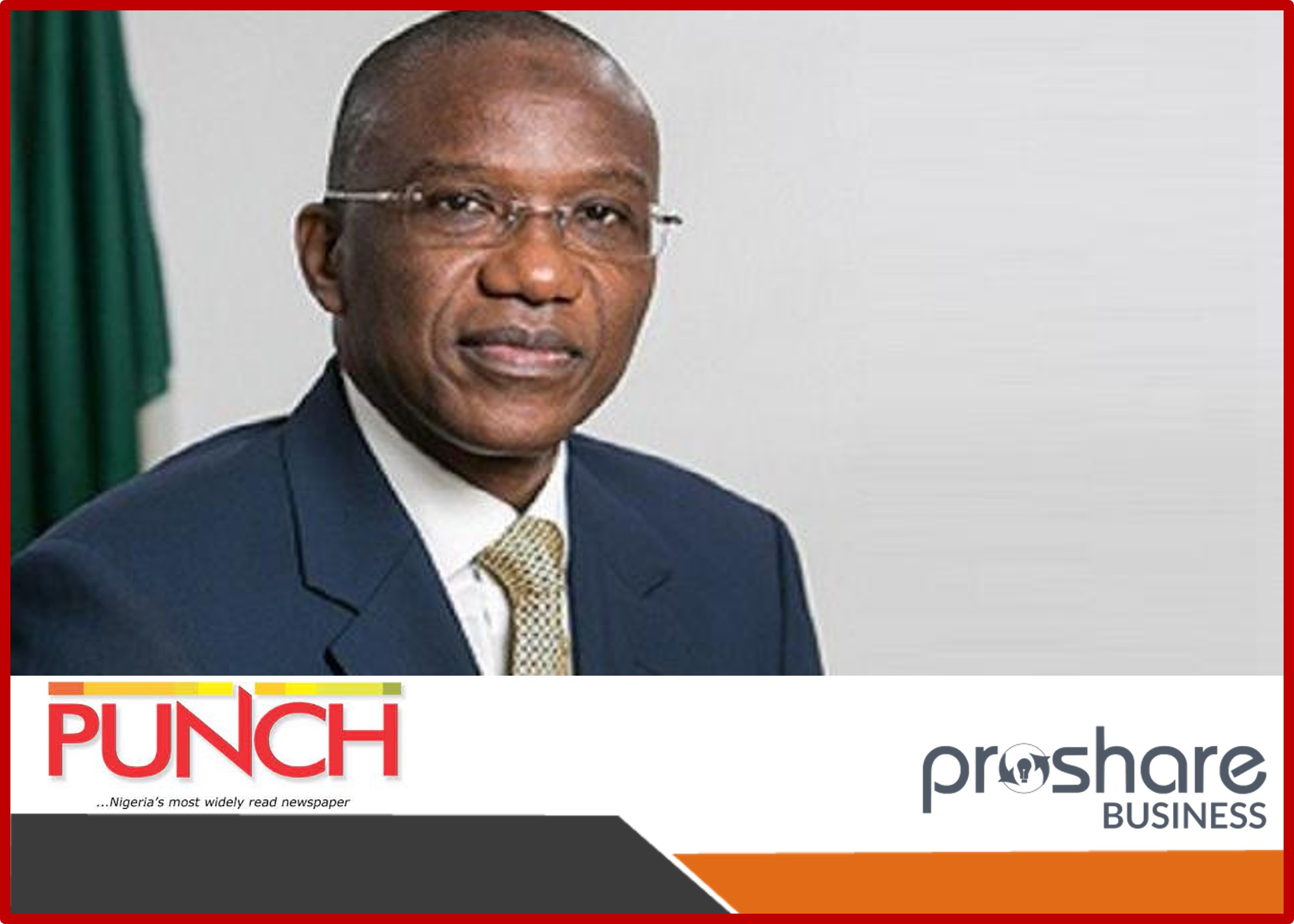

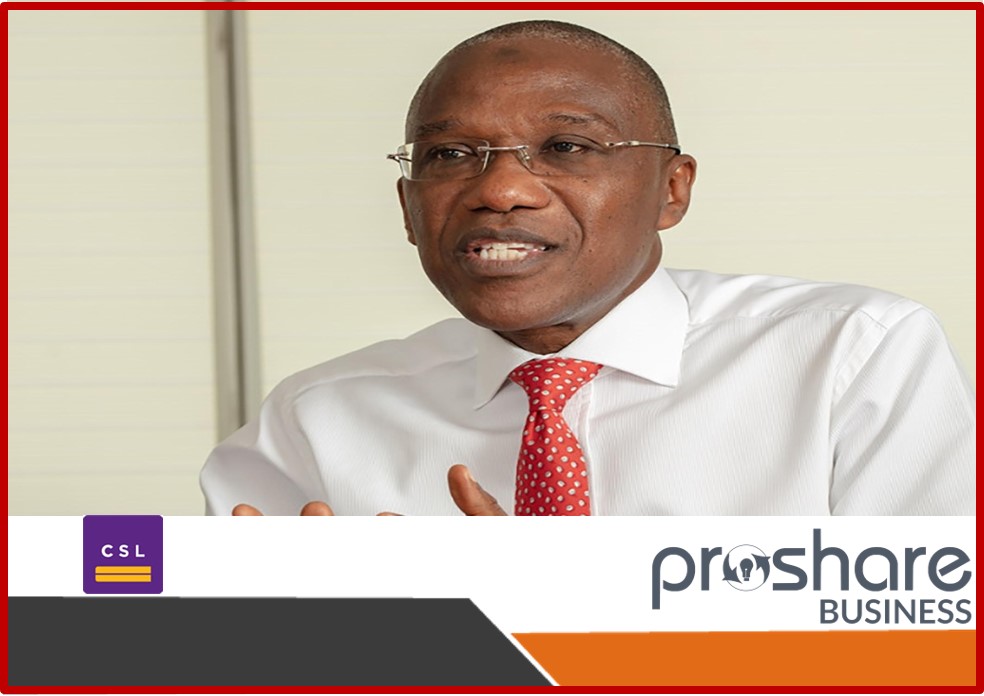
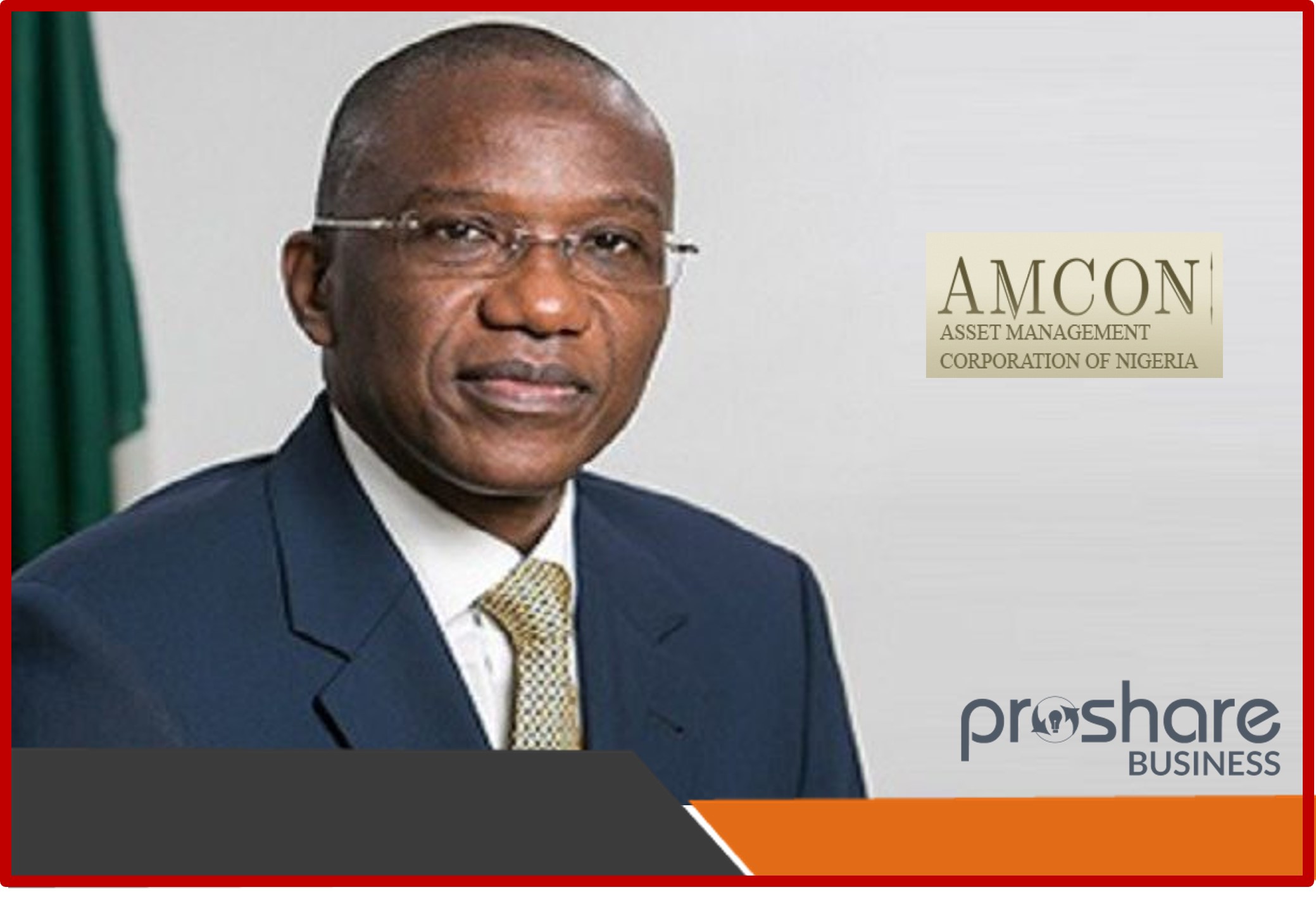

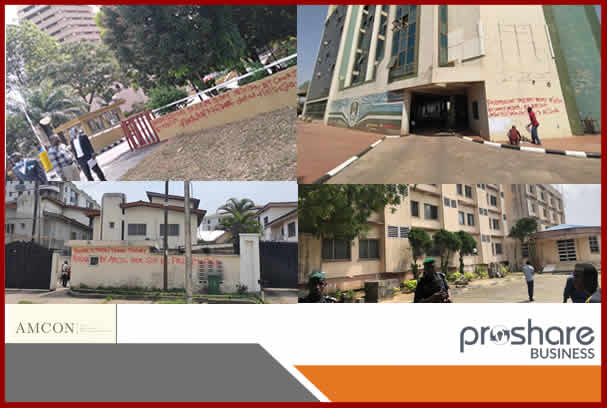
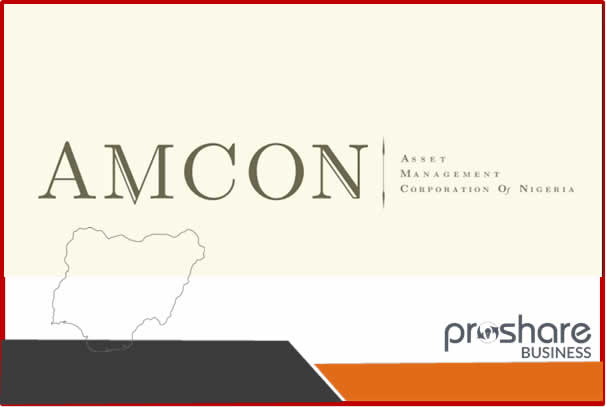
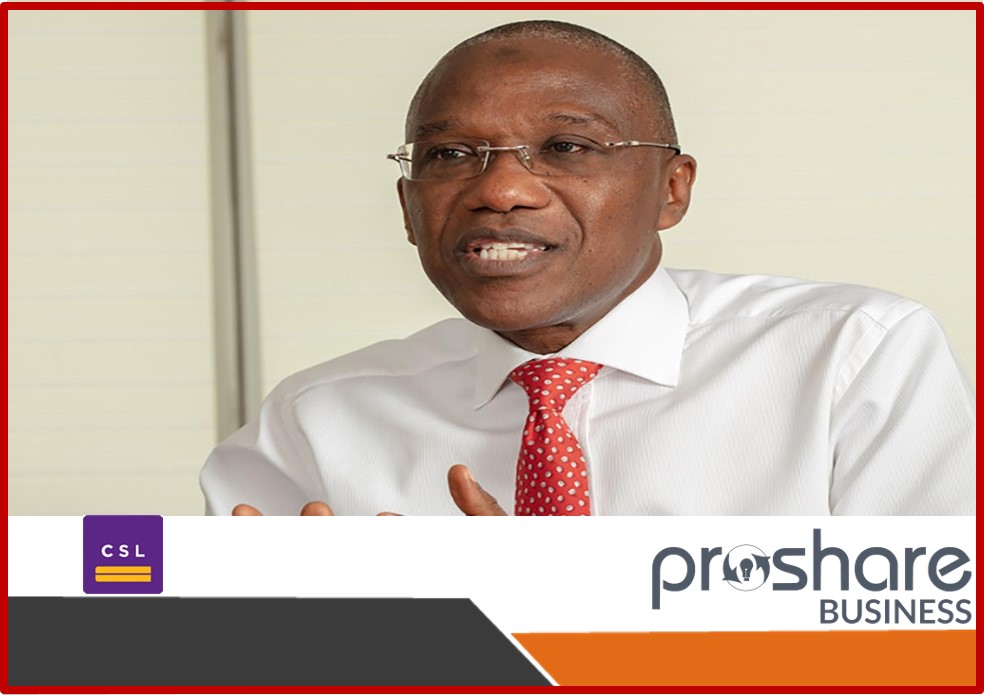
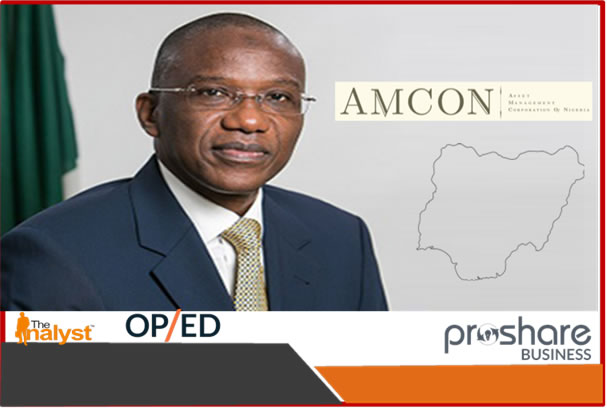

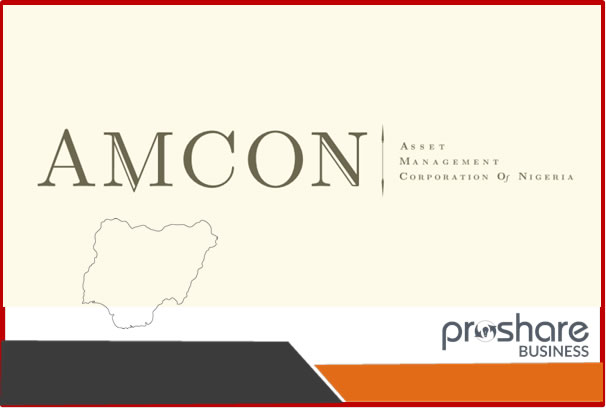





 Sponsored Ad
Sponsored Ad
 Advertise with Us
Advertise with Us









